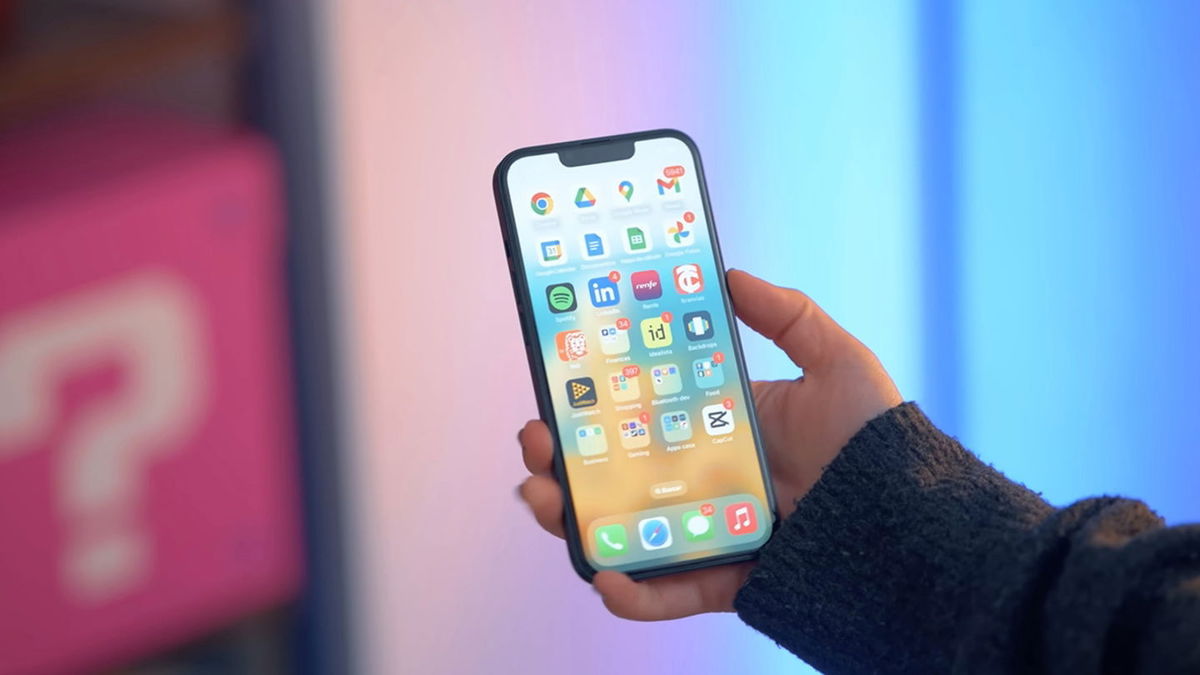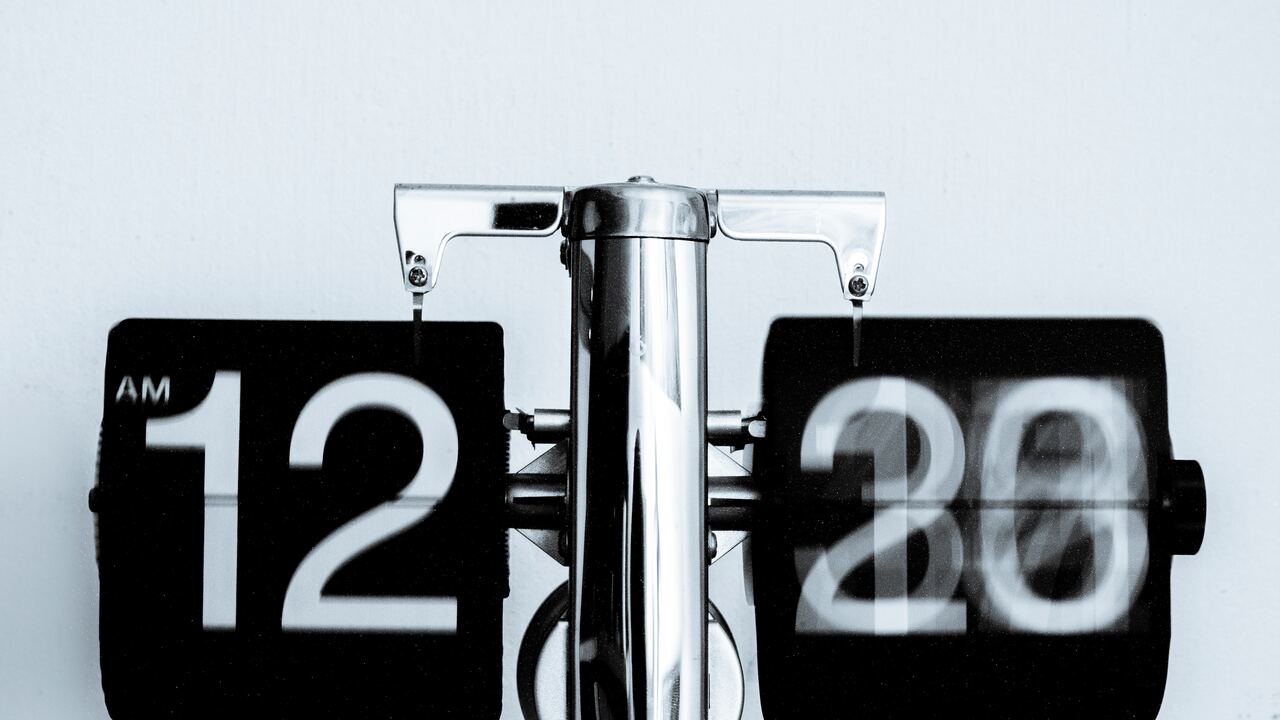Why do people perceive time differently? Time itself is the same for everyone, but each person can perceive it individually. Our biological mechanisms are responsible for different time periods. For example, some mechanisms work at the micro level and determine whether we can distinguish between two events or whether they combine. Other mechanisms, such as declarative memory, affect our perception of time at longer intervals. Circadian rhythms associated with changes in the body during the day and night also play a role. Although these mechanisms interact, they are still different and may operate at different speeds.
Time perception for microintervals is associated with the neurotransmitter dopamine and with serotonin at intervals of a few seconds. Genes also affect how these systems work. Different people may have different numbers of receptors for serotonin or dopamine, as well as different abilities of cells to absorb these substances.
In one experiment, we examined how people perceive different time intervals. We divided them into groups with different levels of activity of the serotonergic system and gave them a test in which it was necessary to compare the duration of two stars. Most people think the first star is shorter even if they are displayed at the same time. We have found that this tense is compressed differently for different people. For example, to say that the stars are the same, one person would have to show the first for 6 seconds, the second for 4 seconds, and the other for 4.5 and 4 seconds. This means that different groups perceive time differently: time passes faster for those with more active serotonin.
Scientists also tried to find a connection between the perception of time and the characteristics of temperament. In one experiment, they looked at how people evaluate the passage of time and how this relates to their temperament. They also found that the ability to wait for a delayed reward and make decisions is related to time perception. The time frame may look different to different people and this affects their behavior.
Therefore, the perception of time can differ among different people and influence their decisions and behavior. Some people think time passes faster, while for others it can take forever. This might explain why some people are always late and others are always on time.
Source: Ferra
I am a professional journalist and content creator with extensive experience writing for news websites. I currently work as an author at Gadget Onus, where I specialize in covering hot news topics. My written pieces have been published on some of the biggest media outlets around the world, including The Guardian and BBC News.










